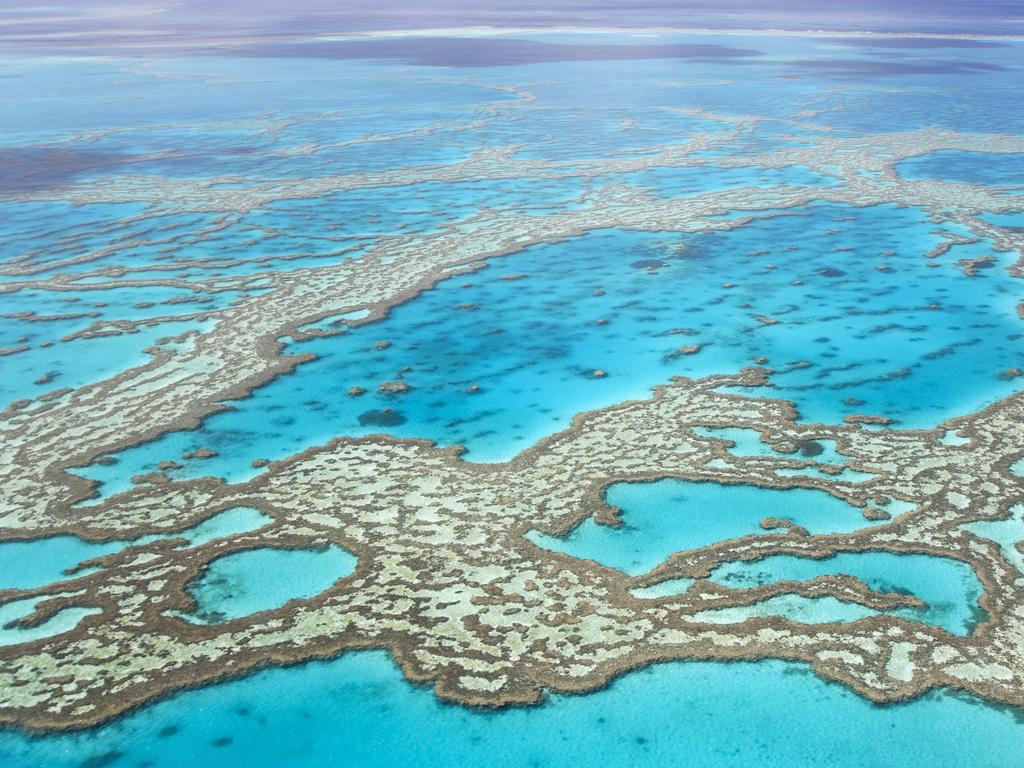We are in danger of losing control of reef

The draft recommendation has been cheered by scientists and environment groups but will be another blow to tourism operators suffering from a collapse in international travel. The recommendation has left the federal government gutted after years of diplomatic toil and billions of dollars in new programs.
If accepted by the World Heritage Committee, the trajectory will be for Australia to invite UN inspectors to conduct a stocktake and formulate a joint management plan for the World Heritage asset. Inevitably this will involve difficult issues of sovereignty regarding climate and environmental policy, coastal development and farm practices and the impact they have on what is now firmly considered to be global property.
Having spent billions working to safeguard the reef, Australia is entitled to feel disappointed by the move. The Morrison government is working hard to have it overturned. But the push has been on to put the GBR on the in-danger list for more than a decade.
The alarm was first raised because of plans by the Queensland Labor government to allow coalmining and unrestricted industrial developments along the state’s coastline. The issue caused Labor environment minister Tony Bourke to lose sleep at night.
It prompted his Liberal replacement, Greg Hunt, to wind back the excesses of Queensland Labor’s development ambitions and introduce sweeping restrictions on dredging.
As prime minister, Malcolm Turnbull gave $433m to the charitable Great Barrier Reef Foundation to find ways to improve reef health. New restrictions have been put on farmers and landholders to improve water quality, but reports to UNESCO have all painted the picture of a World Heritage asset in decline.
The draft decision to place the GBR on the in-danger list is based on information supplied by Australia. Uppermost was the assessment by the 2019 Great Barrier Reef Outlook Report that the long-term outlook for the ecosystem of the property had deteriorated further from poor to very poor. It said the deterioration of the ecological processes underpinning the outstanding universal value of the property had been more rapid and widespread than was previously evident, and that the property had suffered significantly from mass coral bleaching events in 2016, 2017 and last year.
The draft recommendation notes that despite many positive achievements, progress has been largely insufficient in meeting key targets of the Reef 2050 Plan, in particular the water quality and land management targets.
The recommendation to put the GBR on the in-danger list concludes that, despite many positive achievements by Australia, progress has been insufficient in meeting key targets. Australia now risks losing control over management of its greatest environmental asset.





The Great Barrier Reef is front and centre in a global call to arms by the UN on climate change action. By recommending the GBR be placed on the “in-danger” list, UNESCO is making preservation of the natural wonder a global responsibility. The move guarantees that stories about the reef’s poor condition will continue to reverberate around the world.